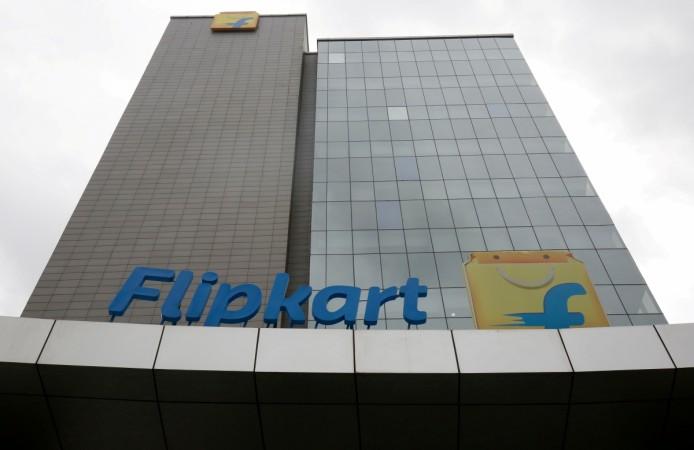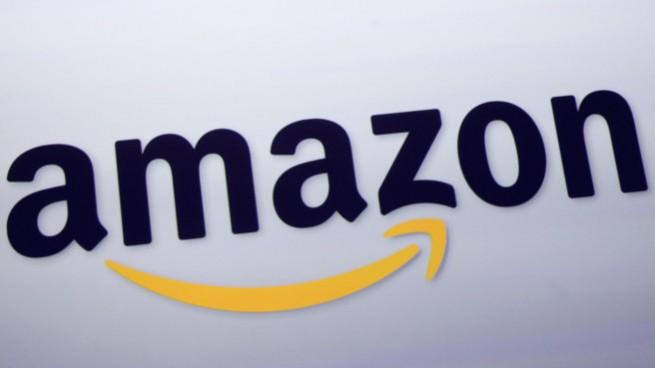
Global technology giants operating in India have put their investment plans on hold amid confusion over the existing e-commerce policy and data protection laws. The industry is waiting for the government to clear the confusion over a series of issues. According to Business Standard, public policy teams of Amazon, Flipkart, Facebook, and TikTok have plans to meet senior officials of the Union Finance Ministry, Department for Promotion of Industry and Internal Trade (DPIIT) and Union Information Technology Ministry to understand the e-commerce policy.
In February, the Modi government had released the draft national e-commerce policy, proposing to set up a legal and technological framework for restrictions on cross-border data flow, and also laid out conditions for businesses regarding collection or processing of sensitive data locally and storing it abroad. Now, with a new government taking charge within a week, the industry is gearing up for clearing the air around the draft. A senior public policy advisor of one of the biggest e-commerce companies in India said "a lot of questions remain unanswered.
The e-commerce policy talks more about data protection. The changes companies had to make due to the tweaks in the foreign direct investment (FDI) policy are still affecting businesses. We need to understand what exactly the new government would do on these issues."

The industry raised its concerns over the draft especially on the data-localisation which eventually would raise the operating cost of the e-commerce companies. He further added "the problem is that the government is not even allowing us to process the data offshore. If that stays, it would affect businesses a lot."
This particular clause has led to these companies defer their investment plans in India. A senior vice-president of a technology firm further added, "We need to know what the policies are. There is too much to and fro happening on that front. Till the time we have crystal clear policies, the investment might not happen."
After the e-commerce policy introduction, many of the products offered by these companies disappeared from their websites. In all, more than 400,000 items that account for nearly a third of Amazon's estimated $6 billion in annual sales in India disappeared temporarily from the local version of the company's service, as Amazon complied with new e-commerce rules imposed by the Indian government. In contrast, Snapdeal, an Indian online marketplace that was hurt by earlier price wars with Amazon and Flipkart, also cheered the policy changes while urging the government not to grant the companies more time to comply.








